(September 2, 2021) Twenty years ago Mukti Bosco, then a post graduate student in health management, was on a field visit to Hyderabad’s Charminar area. She struck up a conversation with some women from the area and asked them what they would do in the face of an unforeseen emergency, most of them said that they would mortgage their assets. But it was one woman’s response that changed Bosco’s perspective forever: she told Bosco that she had to pull her six-year-old son out from school and send him to work at a tea shop as she had borrowed ₹5,000 for her husband’s typhoid treatment.
The incident moved her so much that Bosco decided she didn’t want to be a mere bystander, she wanted to do something to change things – and Healing Fields Foundation (HFF) was born. Headquartered in Hyderabad, HFF has been providing training and support for women as health change agents in their communities. The Foundation works in rural areas of poorer states to impact change in the areas with the greatest need. From working to prevent health problems and facilitate access to health services and entitlements from the government, HFF has been working across the sector and has done extensive pandemic relief work as well. In fact, HFF has recently been recognized by the World Economic Forum as one of India’s Top 50 COVID-19 Last Mile Responders.
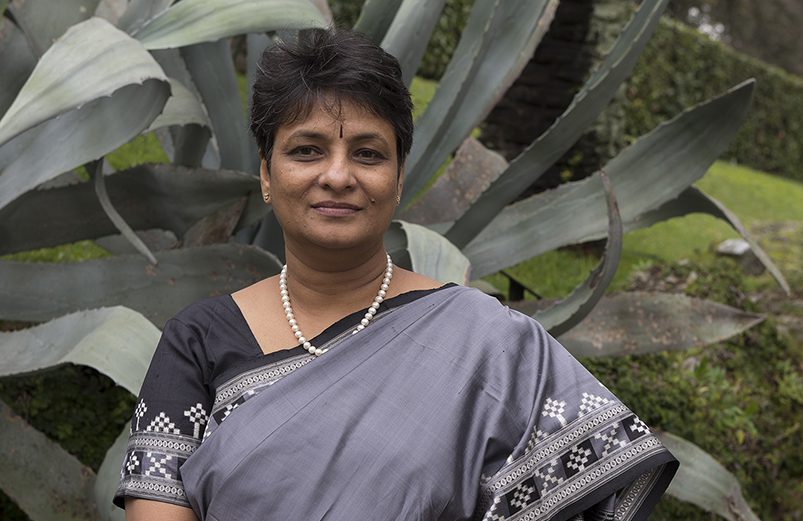
Mukti Bosco
Rocky beginnings
Growing up with medical professionals at home – her father being an eye doctor and her mother a nurse – Bosco knew she would also follow in their footsteps. But her path was unclear until she finished her degree from Christian Medical College & Hospital, Vellore. “That is when I knew what I wanted to do something for the society,” recalls Bosco in an exclusive chat with Global Indian. She graduated in Occupational Therapy from Vellore and later completed her Master’s degree in Healthcare Management from the Administrative Staff College of India and John Hopkins University.
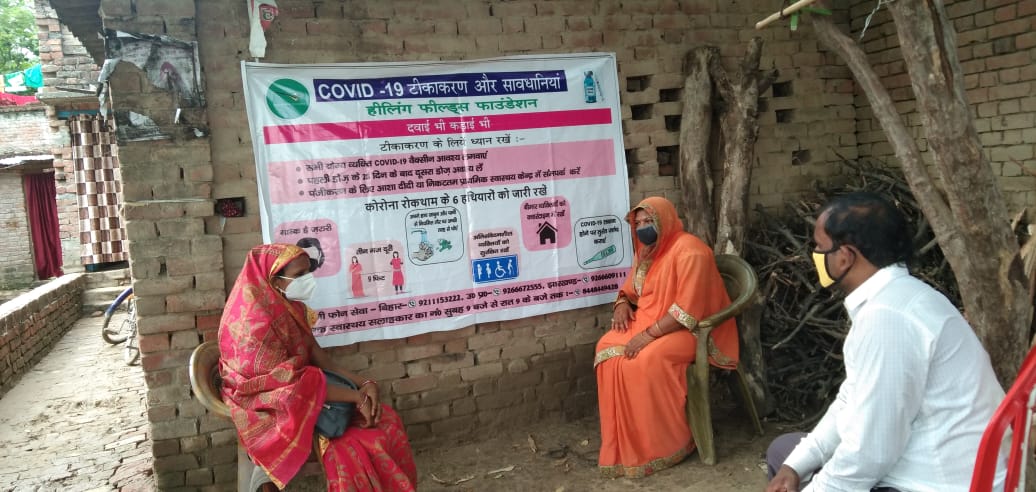
A Healing Fields Foundation CHE at work
The Charminar incident shook Bosco more than she’d anticipated. “It broke my soul and that’s how Healing Fields was conceptualized,” she says. Mother to a 5-year-old son herself, Mukti resolved to do something in the health sector so that no underprivileged person had to sacrifice their children’s future again.
The initial days of the Foundation were difficult. Few people took her seriously, but Bosco knew what she was doing. “When they saw I was determined, support started pouring in,” smiles Bosco, who is also an Ashoka Fellow. With zero experience in the social sector, she stepped in with a positive mindset. “Social entrepreneurship is always in a startup mode and nothing can be taken for granted. I learnt most of it on the job,” she says.
Working for impact
In the last twenty years, Bosco has been giving back to society by leading Healing Fields Foundation into several areas. From training and supporting health and hygiene initiatives for women in rural areas to training health professionals at the grassroots level and beyond, the aim has been to reach as many people as possible. Healing Fields has worked across the country in states like Telangana, Uttar Pradesh, Bihar, Assam, Odisha, and Jharkhand.
Healing Fields has so far has trained 5,000 community health entrepreneurs across 10 states, reaching 6.25 million people. This year, HFF plans to undertake a new project called TeleHealth. “This project aims to train a health leader to conduct basic health checks, as well as connect her to a network of clinics through a digital platform,” says Bosco. “She will be therefore able to earn extra income for herself while bringing last-mile health services for her community,” she adds.
One evening in June, a health worker at the Healing Fields Foundation in Bihar received an urgent call from Bheriya village in Kaimur district. Around 20 children were vomiting and displaying symptoms of diarrhea in the village. Immediately, a team comprising Community Health Entrepreneur (CHE), the Gram Pradhan, Healing Fields staff, and the doctor was formed.
The CHE assessed every child who was unwell and advised the parents regarding maintaining hydration. ORS and medicines were given free of cost, and children with severe symptoms were shifted to a hospital. The team also coordinated with the local government officials and organized a health camp in the village to assess and identify the cause of the illness. It turned out that it was due to food served at a wedding.
The quick action by HFF meant that the problem was nipped in the bud. When a problem relates to children, the Foundation makes it a point to solve the problem as early as possible.
It may have been a twenty-year journey with Healing Fields Foundation, but for Bosco every day is new, filled with challenges and new ideas to serve the community.

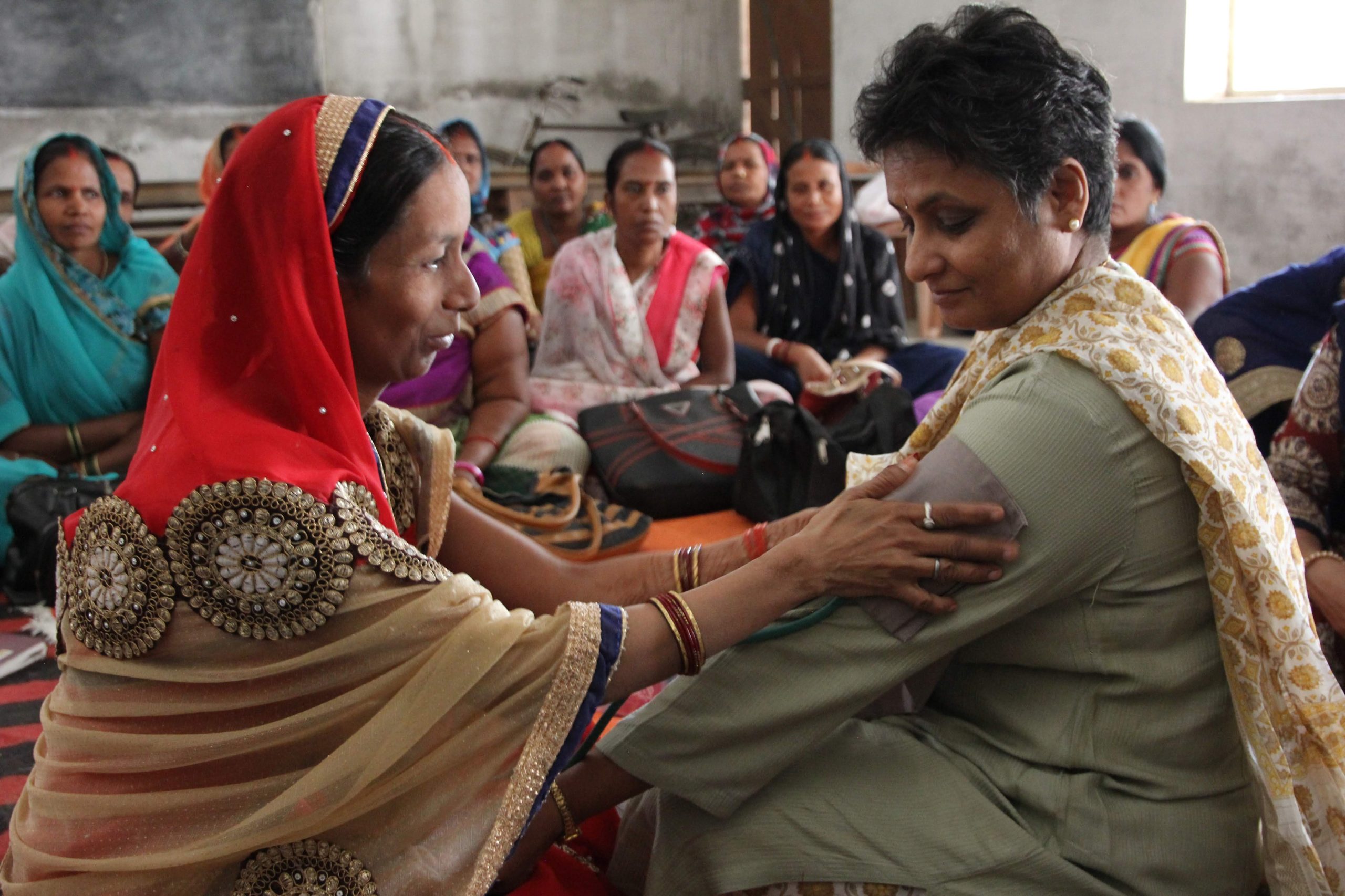

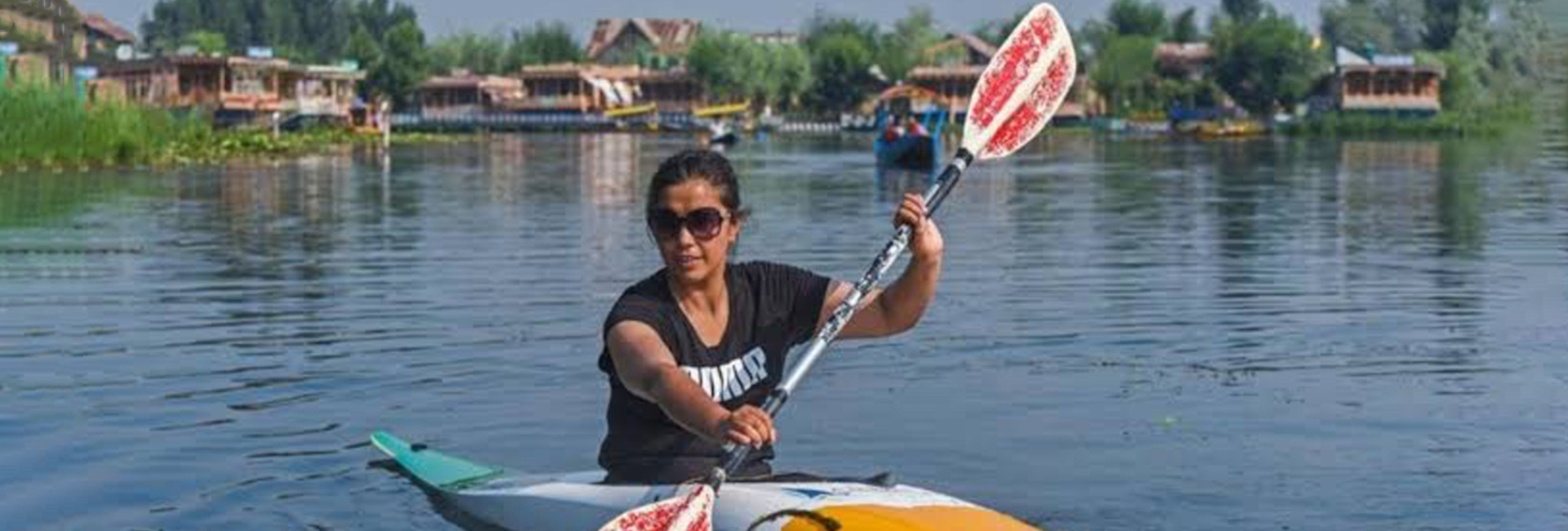
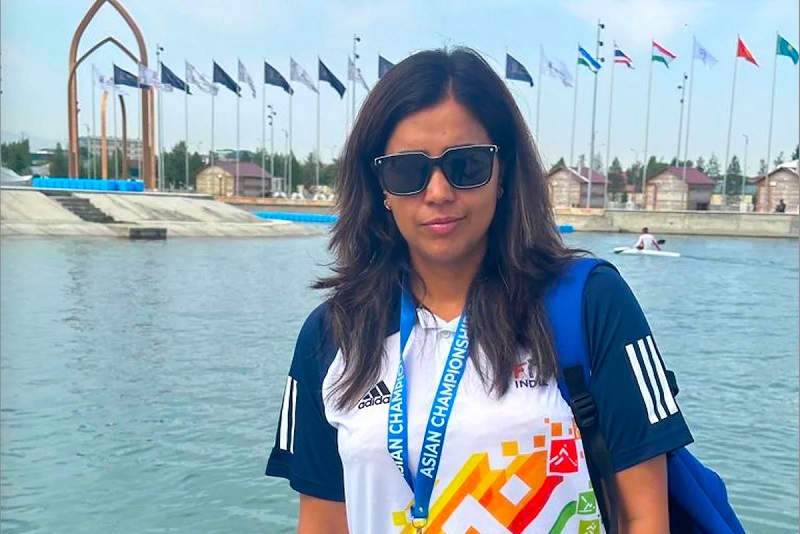 Bilquis Mir[/caption]
Bilquis Mir[/caption]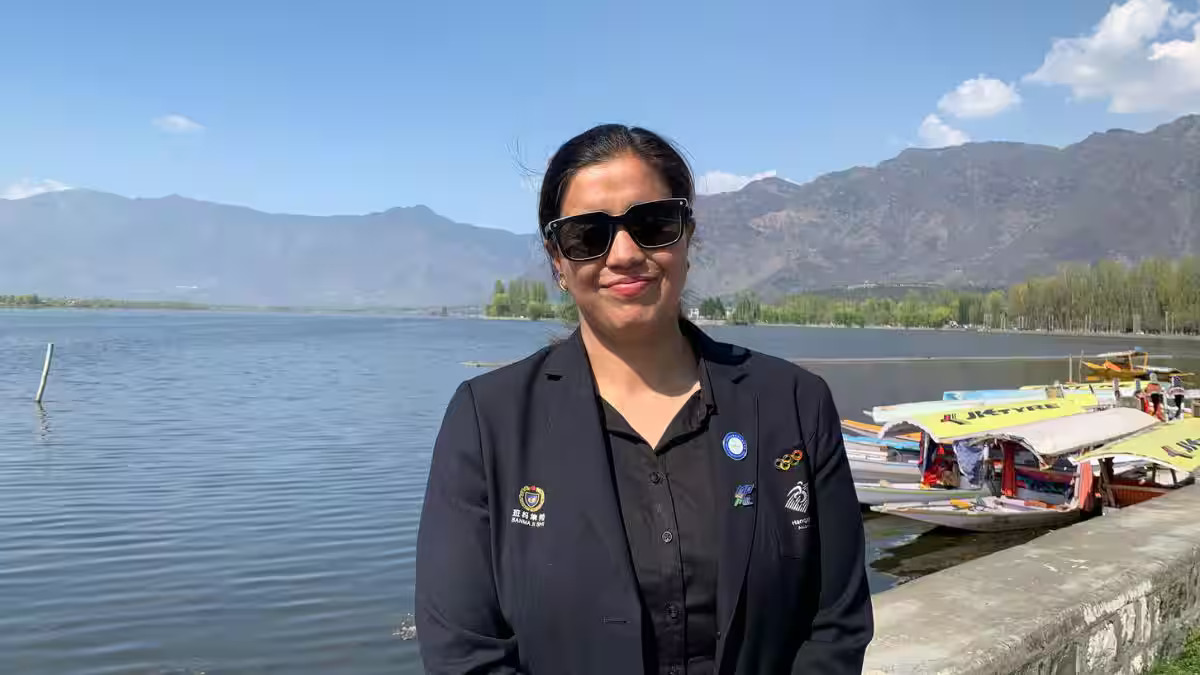 Bilquis Mir[/caption]
Bilquis Mir[/caption]
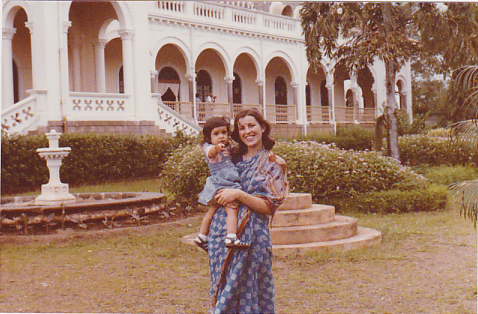 A young Nalini with her mother, Claire[/caption]
A young Nalini with her mother, Claire[/caption]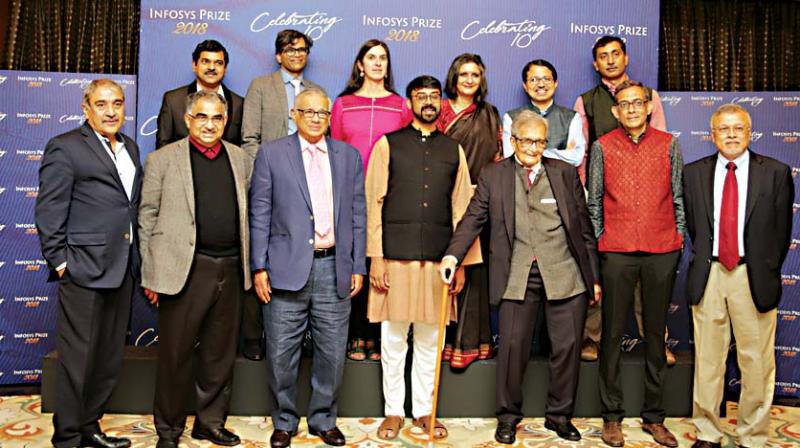 Nalini, with other distinguished mathematicians at the Infosys Award event, 2018[/caption]
Nalini, with other distinguished mathematicians at the Infosys Award event, 2018[/caption]
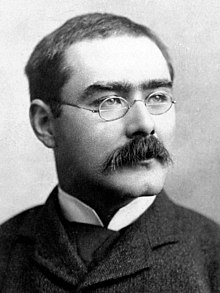 Rudyard Kipling[/caption]
Rudyard Kipling[/caption]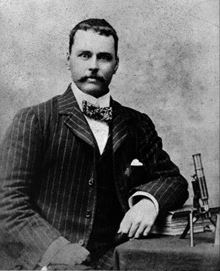 Ronald Ross[/caption]
Ronald Ross[/caption]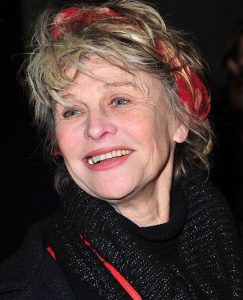 Julie Christie[/caption]
Julie Christie[/caption] Cliff Richard[/caption]
Cliff Richard[/caption]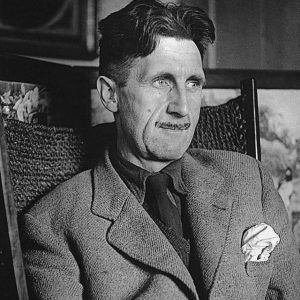 George Orwell[/caption]
George Orwell[/caption]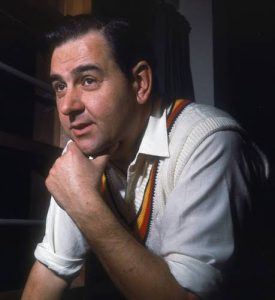 Colin Cowdrey[/caption]
Colin Cowdrey[/caption]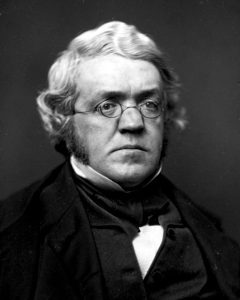 William Makepeace Thackeray[/caption]
William Makepeace Thackeray[/caption]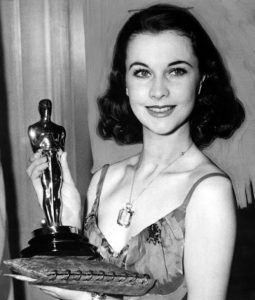 Vivien Leigh[/caption]
Vivien Leigh[/caption]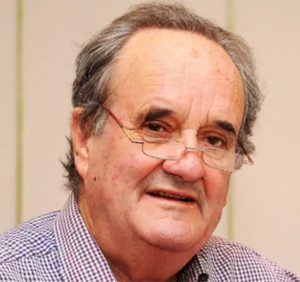 Mark Tully[/caption]
Mark Tully[/caption]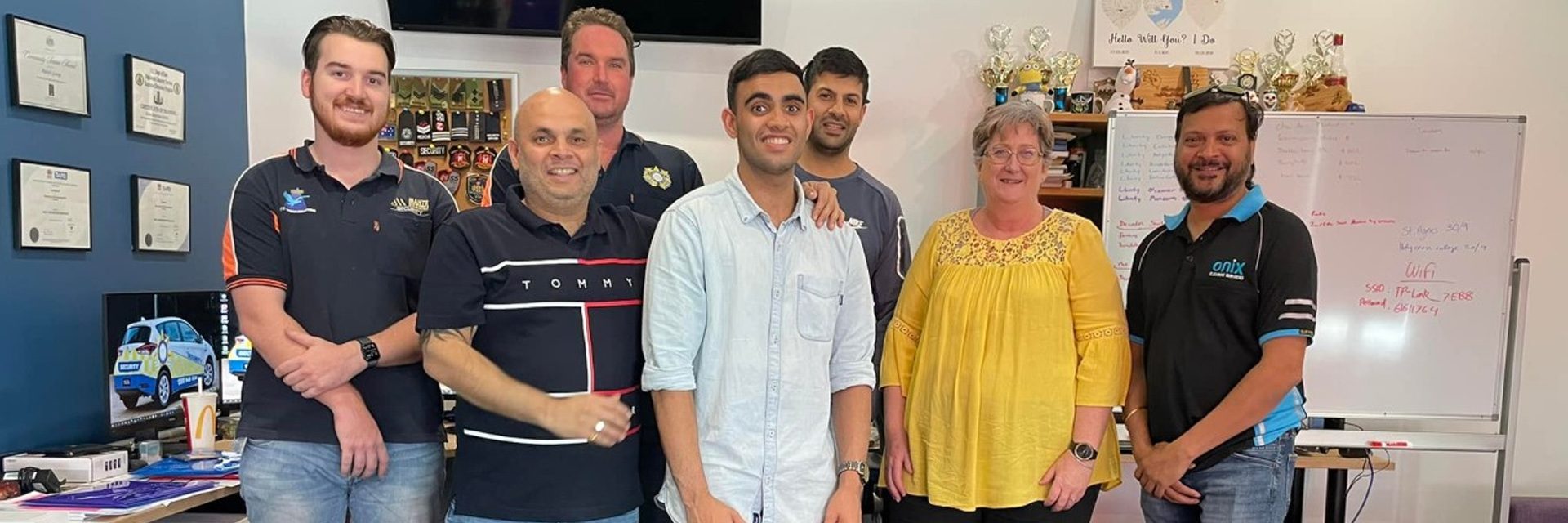
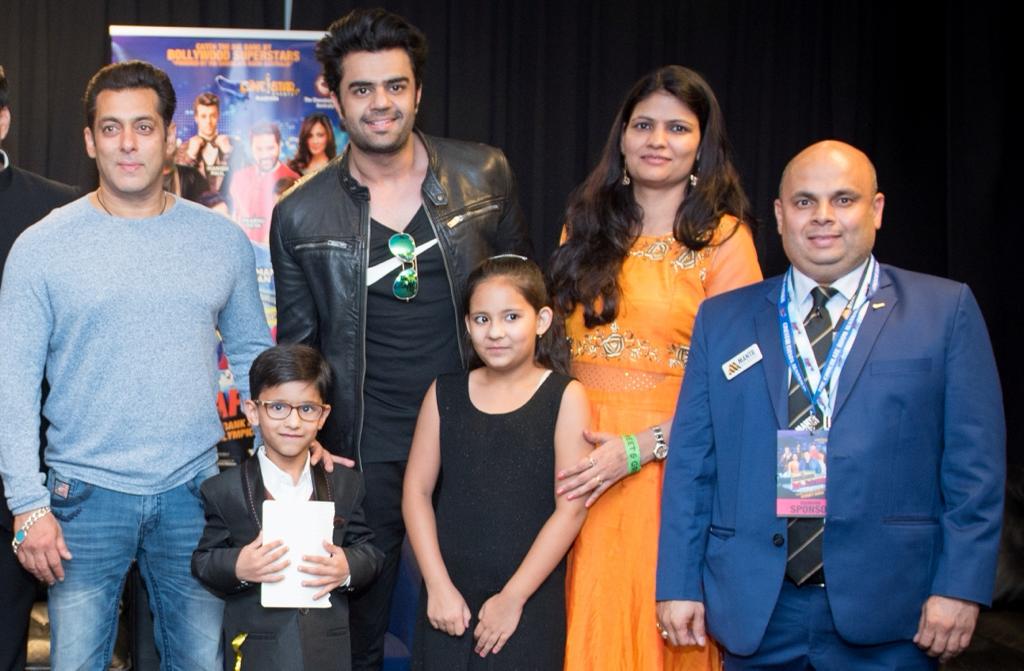
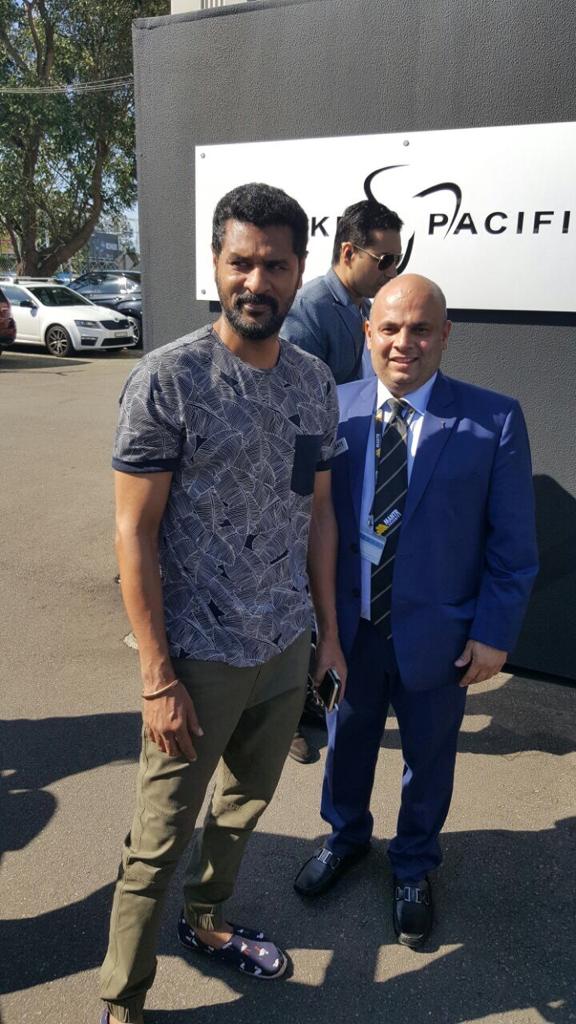
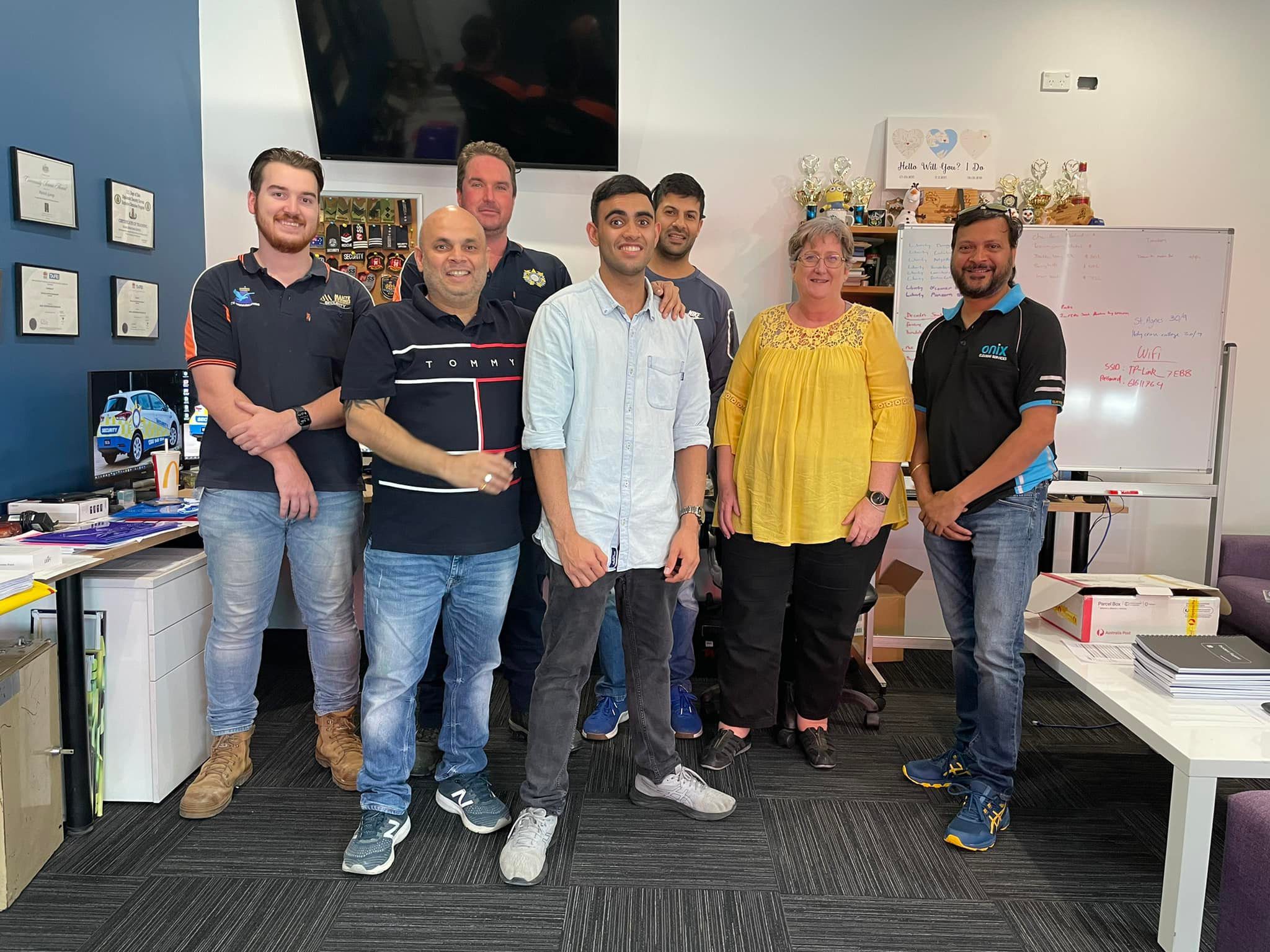 The Mantr team[/caption]
The Mantr team[/caption]
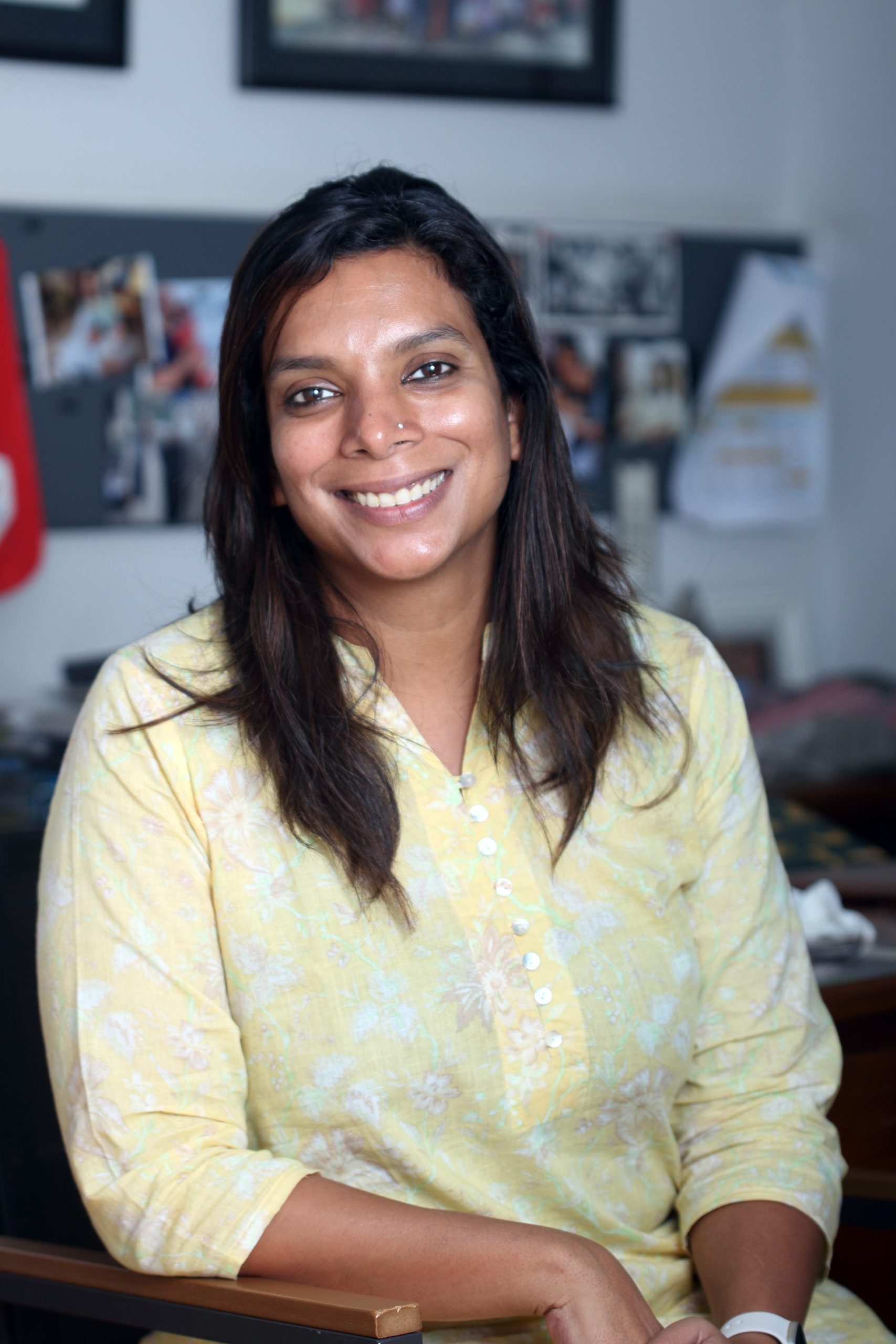 Mallika Ghosh, Parinaam Foundation[/caption]
Mallika Ghosh, Parinaam Foundation[/caption]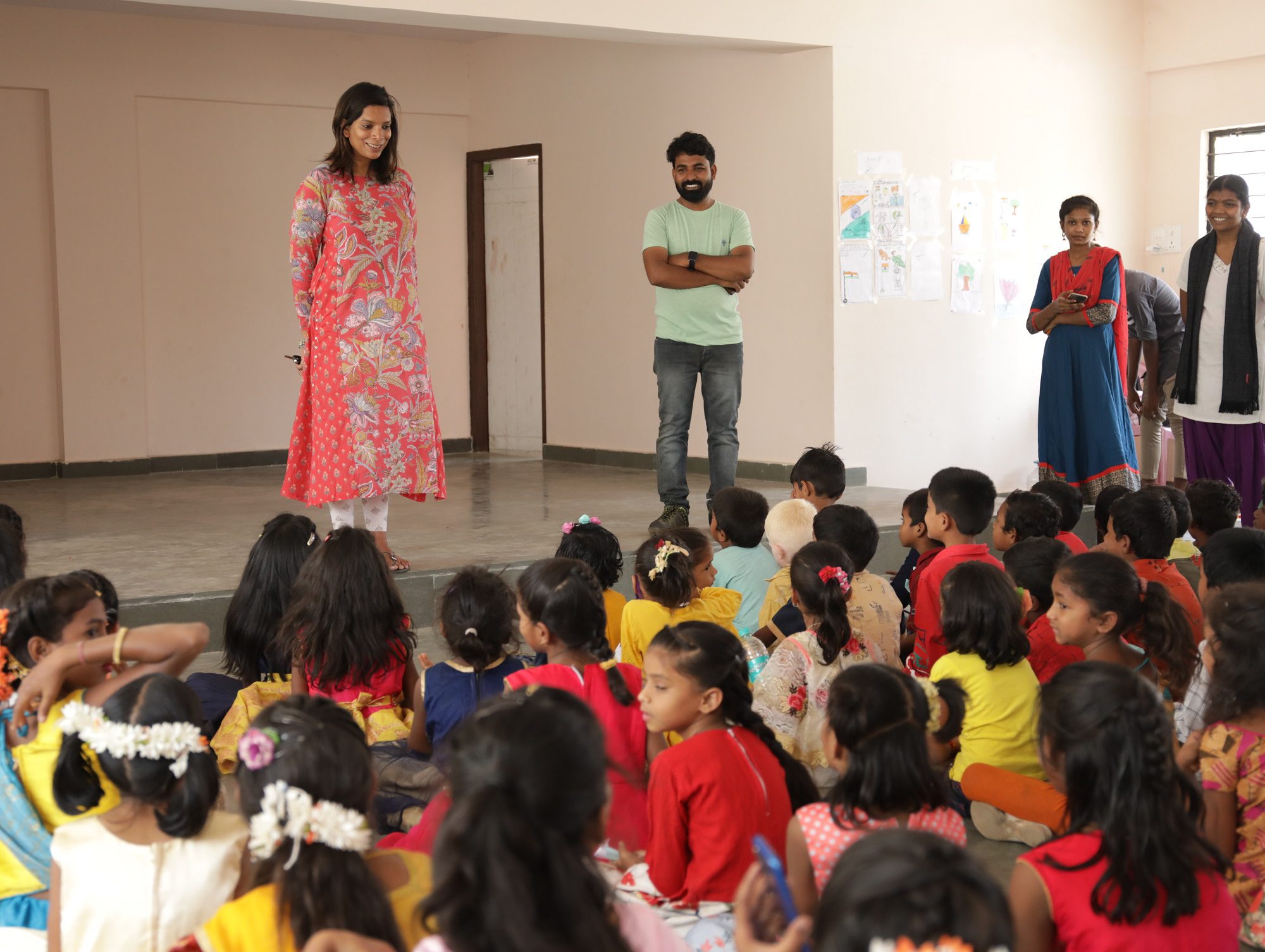
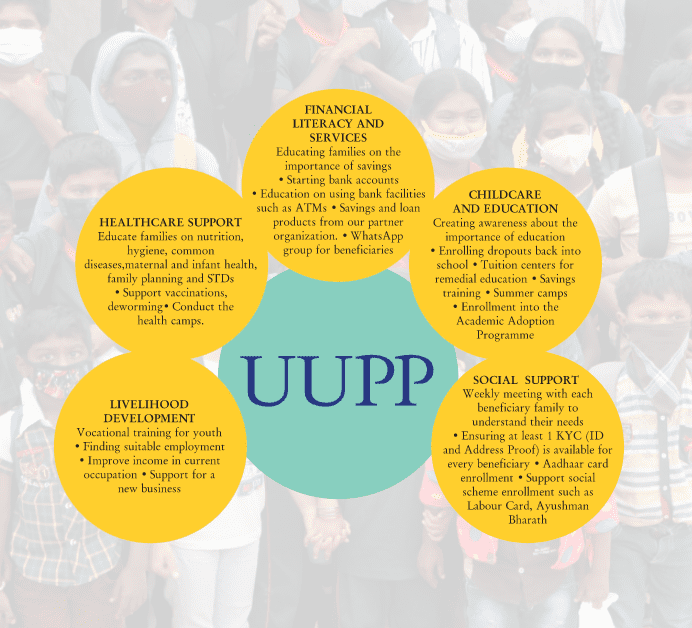 Image credit: Parinaam Foundation[/caption]
Image credit: Parinaam Foundation[/caption]
What an inspiration! Sarbani, thanks for bringing Ms Bosco’s story to the world!